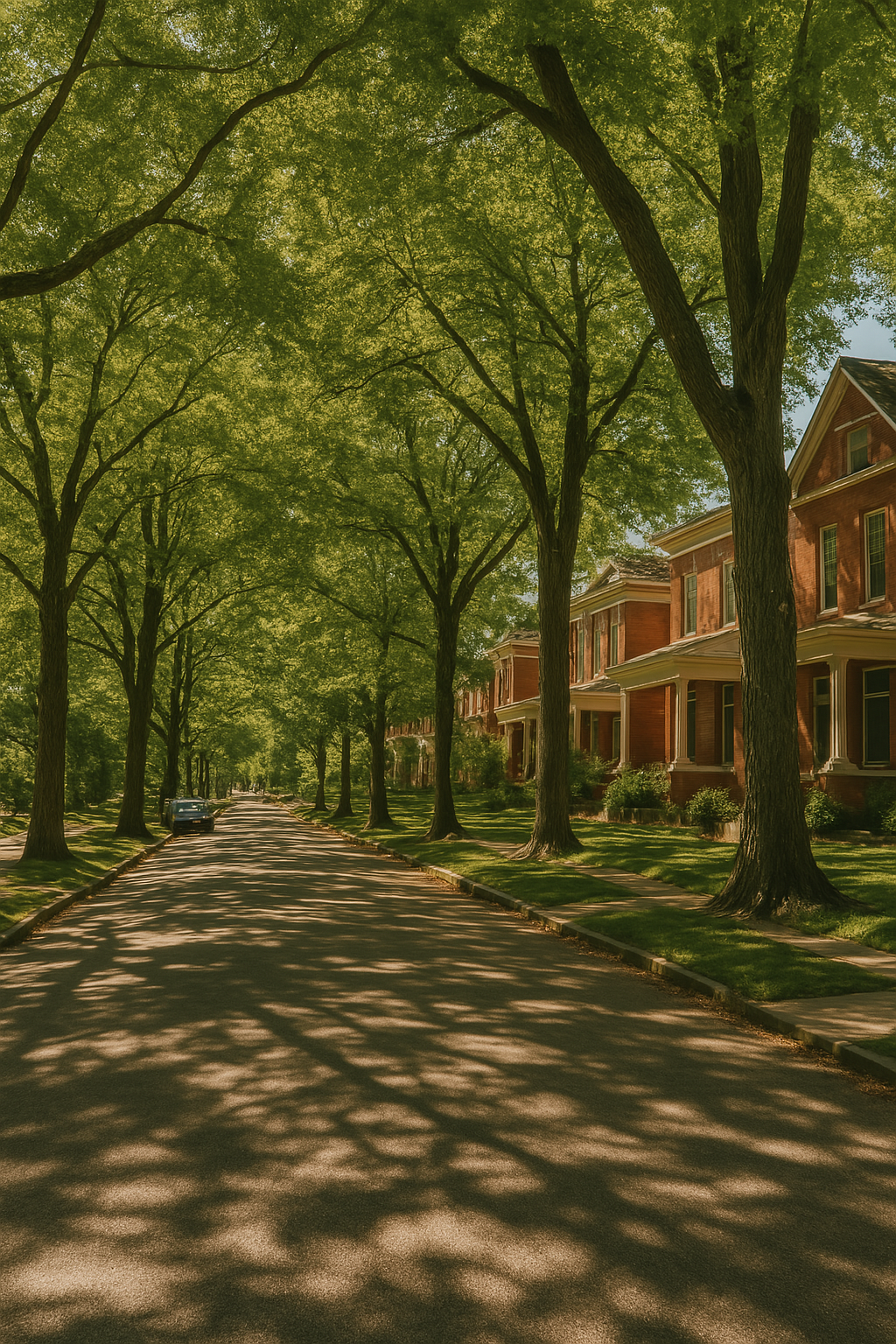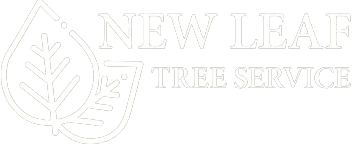The Everyday Power of Urban Trees in Clifton and Crescent Hill

Trees Are Quietly Working Overtime in Your Neighborhood
If you’ve ever taken a stroll through Clifton (40206) or walked a dog through Crescent Hill on a summer afternoon, you’ve felt it. That drop in temperature as you move under a canopy. The sudden hush. The scent of leaves warming in the sun.
Urban trees don’t just fill space — they change space.
From cutting down street noise to catching stormwater before it floods our sidewalks, trees are one of the most underappreciated — and overachieving — parts of Louisville’s neighborhoods.
What Do Urban Trees Actually Do?
Let’s break it down with some real-world benefits:
- Cool the block: Tree-lined streets can be up to 9°F cooler than those without.
- Protect your roof and driveway: They cut radiant heat and UV exposure.
- Prevent flooding: Tree roots absorb stormwater and reduce runoff.
- Boost mental health: Even a short walk under trees can lower blood pressure and reduce stress.
- Increase home values: Homes on treed streets sell faster and for more money.
In tightly knit, walkable neighborhoods like Crescent Hill, where homes sit closer together, these benefits are amplified.
Local Species That Thrive in Clifton & Crescent Hill
Urban trees have to be tough — but Clifton and Crescent Hill offer great conditions for natives like:
- Eastern Redbud (perfect for smaller yards)
- Tulip Poplar (a Kentucky staple that needs room to stretch)
- American Hornbeam (gorgeous and shade-tolerant)
- Kentucky Coffeetree (great for sculptural interest)
If you’ve got overhead lines or tight soil space, we’ll help you find something that fits — and keeps growing.
DIY or Don’t?
Go for it:
- Mulch trees properly (flat ring, not volcanoes)
- Water young trees during drought
- Prune small, dead twigs with clean tools
Call a pro for:
- Pruning large limbs or anything over your roof
- Treating fungal issues or insect infestations
- Structural cabling or bracing
Want to be proactive? Book a tree health assessment before trouble hits.
Real Talk: What Happens When Urban Trees Are Neglected?
Let’s not sugarcoat it — we’ve seen what happens when trees are left alone too long in neighborhoods like Clifton.
Cracked sidewalks, clogged gutters, massive limbs over parked cars, trees growing into power lines — all preventable.
More than a few homeowners in the 40206 zip have told us, “I wish I’d called you last year.”
Urban Trees = Safer Streets and Healthier Neighbors

There’s growing evidence that tree-lined streets lower crime. Streets with greenery have:
- Slower vehicle traffic
- More pedestrian activity
- Better lighting
Plus, trees offer environmental justice — planting more in under-canopied neighborhoods helps level the playing field for heat exposure and air quality.
Louisville is already seeing this in areas like Buechel (40218) and Audubon Park (40213), where canopy expansion is improving neighborhood resilience.
Zip Codes Where This Matters Most
These benefits are playing out right now in zip codes like:
- 40206 – Clifton and Crescent Hill
- 40207 – St. Matthews and Indian Hills
- 40208 – Old Louisville
- 40217 – Germantown
Live in one of these? You’ve probably already reaped the benefits — and if not, we’re here to help you get started.
Want to Get the Most Out of Your Trees?
Explore more about what trees do for your health, property, and city through resources like the Louisville Metro Tree Canopy Study.
Need a second set of eyes on a leaning trunk or crowded limbs? We’ve got your back.
You take care of your home. We’ll take care of the trees that make it feel like home.
